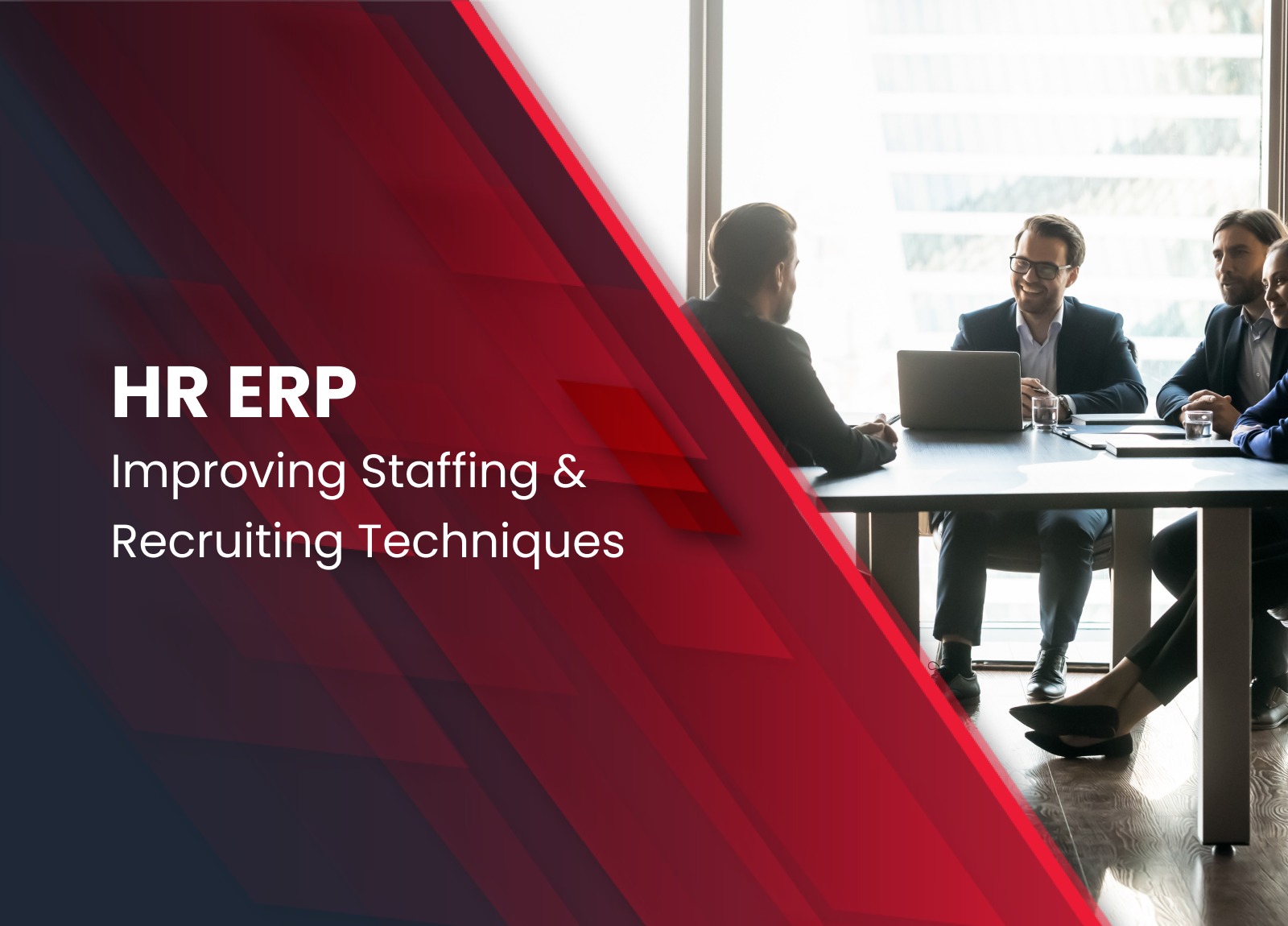In the 21st century, every manual process is being replaced by automation. It includes several businesses that were once run on conventional grounds with tons of manpower employed and paperwork stored. However, this is a case of the past now; the latest innovations are taking the corporate world by storm, and ERP is one of them.
ERP is one of the most widely used software today, and its popularity is spreading like fire. Every business department, especially human resources, is using it today and cruising along with escalating productivity. Human Capital Management (HCM) is a vast operation, and managing it with the help of technology is the best solution.
The Basic HCM Processes
Before automation was a thing, the selection and recruitment process was observed manually. Here’s how every step was performed before.
Write A Proper Job Description
Writing the job description is an easy task. But be mindful about writing all the aspects of the job. It is the same as writing a story. If you fail or miss one thing, it might not impact you enough to get you any candidate. The best way to write a good JD is to use the job title and the position description as the keywords.
You can create a template for your job description. This will help you ensure that everything is included and written in a way that is easy to read and understand. It is also a good idea to have someone else review your job description before you send it out. Doing so will make sure that you don’t miss anything.
Identifying An Ideal Candidate
In this stage, you must think like the ideal candidate to understand this part of the selection and recruitment process. You have to ask yourself who is the perfect candidate. For starters, the most common facts about it are:
- They understand the job
- They have relevant experience
- They have the skills and expertise to fulfill that position in your firm
It is essential to understand that the perfect candidate is not the one who is the most qualified or the one with the best resume. Instead, an ideal candidate is the one who is the best fit for the job; he must have all the right attributes and skills to do the job.
Moreover, he will also have the right attitude and personality for the job. It is essential to know that features as such go hand in hand. In this way, you can get the best out of your employees.
Creating a Job Posting
The first thing to do is decide what job you want to post. Do you want to post a general job posting, or do you want to use a specific job posting? It would help if you also decided how much information you wish to provide. You can include as much or as little information as you want.
You can google platforms where you can post your job, but the popular ones are listed below:
- Google for Jobs
- Monster
- ZipRecruiter
- SimplyHired
- CareerBuilder
Preparing the Application Form
Creating the application form involves making a document for the candidate to collect all their relevant information. This information is necessary for you to have in case you need it after the recruitment process.
Furthermore, it should be done before the interview. Ensure you include all the information you need in the application form; It is the only way to ensure that the candidate gets everything they need and nothing else.
Scheduling the Interview
Scheduling an interview depends on the culture of your firm. Whether you want a professional early in the morning interview or the candidate to feel a bit casual, it is your call to make it. Times are changing, and most company cultures are changing with it. Look at your firm’s culture and identify accordingly.
Conducting the Interview
Some companies have dedicated rooms to conduct interviews, while others don’t delegate. Various companies prefer to have unstructured interviews. We stated that it depends on your company culture. Read below to find a list of different methods of conducting interviews.
- Focus group
A focus group interview involves a group of individuals interviewed at the same time.
- Structured interview
Typically, structured interviews comprise closed-ended questions, which are questions that respondents can answer with “yes” or “no.”
- Unstructured interview
An unstructured interview, also called an informal one, is the opposite of a structured one. Instead of short answers, the recruiters urge the candidate to give detailed answers to questions asked.
- Semi-structured interview
A mix of both unstructured and structured approach
- Personal interview
A personal interview takes place in person as a one-on-one interaction.
- Phone interview
The name says it all; in this approach, the interview is conducted through a phone, mobile, or landline.
- Online interview
Online interviews are trendy and one of the easiest and most convenient ways of interviewing a candidate who might be a perfect candidate for your firm. It saves you and the candidate giving the interview a lot of time and money.
Human Capital Management (HCM) and Enterprise Resource Planning (ERP)
As you delve into the depth of HCM and ERP, there’s much to study. They work simultaneously, and their partnership goes a long way if managed properly. Human resource is a vital function of an organization, and handling it with finesse is not easy.
To be precise, this process is regarded as HCM (Human Capital Management). It is about following various practices related to recruiting, controlling, training, and establishing the workforce with perfection.
Further, it includes looking after onboarding, workforce planning, payroll management, compensation and benefits, attendance tracking, performance analysis, compliance, retirement benefits, and so much more.
The Benefits of ERP for HR
ERP is an emerging software, and implementing it in your systems yields excellent returns. Learn about the most appealing advantages you get from using ERP for HCM.
Data security
Organizational needs that arise in the recruitment and selection process are deeply related to internal communications teams and data security. They must confirm that security procedures are appropriate and up to date when email scams or phishing are connected to company emails.
Luckily, NetSuite presents role-based rules and access, which refers to a system that guards your data against unwarranted access to the human resources management platform. It guards your systems against privacy breaches arising from stolen or misused employee accounts.
Efficiency
When it comes to recruitment and staffing, around 80% of businesses use HR software to enable quicker research and collection of information. It leads to a marked spike in productivity when you use NetSuite ERP for hiring and retention.
Such a level of efficiency gives HR professionals more spare time to allocate to engaging in value-adding projects. They can take on more opportunities and promote rapid growth in their business.
Employee Experience & Retention
In recent times, businesses have experienced a significant fall in workplace engagement. It is mainly because of the new trends familiarized by the pandemic. Precisely, it has been recorded as one of the biggest employee engagement downfalls, particularly in managerial positions. And well, remote work environments are leading this list.
However, implementing ERP tools has led to HR workers using NetSuite to improve the employee experience. Some samples include monitoring engagement via surveys and linking with employees via remote accessibility. NetSuite enhances the employee experience, and there are no two opinions about it.
Compliance
It is immensely important for an organization to always stay updated with local and national rules. HR managers must ensure that the organization is complying with all the regulations, as it is their top priority.
HR operations need to consider the possibility of HR violations that might appear because of security breaches to the latest models of labor law changes. Most businesses report that such hurdles have paved the way to successful compliance tracking with NetSuite ERP’s assistance.
NetSuite – The Ultimate Solution for Recruitment and Staffing
With increasing automation, the hr recruitment process has been simplified to a significant extent, and NetSuite has made a major contribution to it. Businesses are implementing ERP for Human Capital Management and achieving great returns from its use.
From recruitment to retention, every task has become much easier than before, and NetSuite deserves all the credit for it. Indeed, it is the most masterly tool for businesses, and utilizing it is a necessity you must fulfill today.
